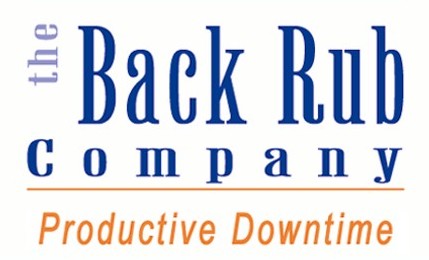Whether you live in a house or an apartment, composting is an effective way to reduce waste and feed your garden, lawn and houseplants.
Did you know that kitchen scraps, leaves and grass take up about one-third of the space in landfills? However, all of these can be easily composted at home - indoors or outside. In addition, you save money on fertilizers and topsoil, and enrich your plants, flowers, herbs and lawn with their natural diet of macro- and micronutrients.
Composting involves three essential elements: compost material, moisture and air. Almost any organic material is suitable for composting. Be sure to maintain a ratio of 'green' (nitrogen-rich) and 'brown' (carbon-rich) materials. Each time you add to your compost pile, turn and mix it to help materials compost more quickly. Composts take a few months or so to complete. Finished compost is deep brown, crumbly and resembles topsoil. Sprinkle the finished product on garden beds, houseplants, lawns, etc.
Green Compost Materials:
Apple cores, banana peels, watermelon rinds and any other fruit and vegetable scraps
Coffee grounds and filters
Plant trimmings
Crushed eggshells
Hair
Brown Compost Materials:
Dried grass clippings
Dried leaves
Sawdust and wood chips
Dryer lint
You can also compost beverages (to moisten the pile), bio-based plastics, cardboard, tea bags and shredded newspaper.
Don't Compost:
Any meat or bones
Fish
Dairy products
Cat litter
Fireplace ashes
Fats or oils
Sod
Weeds
Diseased plants
Create your own compost containers -
Indoors: A simple plastic container with a tight lid makes a great under-the-sink compost bin. Add scraps and blend the materials. Empty the container weekly into a larger outdoor container.
Outdoors (in-ground): Remove the handle from a five-gallon bucket with a lid. Drill several large holes all over the bucket at least six inches away from the lid. Bury the bucket in the backyard. Add scrap and mix.
Outdoors (above-ground): If you have alot of waste and room in your backyard for a larger compost, above-ground bins are highly recommended. The average cost is $50 for materials. It's a fun project to do with the kids and teach them about living green.
Subscribe to:
Post Comments (Atom)


No comments:
Post a Comment